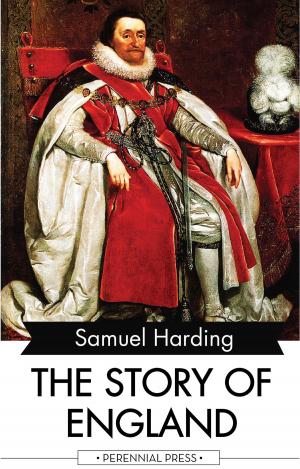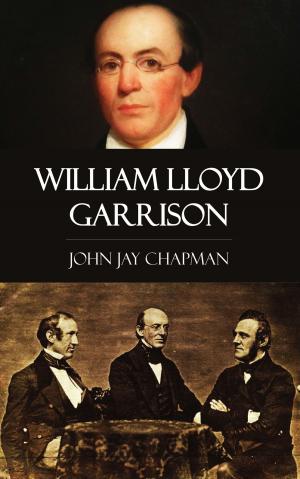| Author: | Edward Freeman | ISBN: | 9781518358272 |
| Publisher: | Perennial Press | Publication: | January 3, 2016 |
| Imprint: | Language: | English |
| Author: | Edward Freeman |
| ISBN: | 9781518358272 |
| Publisher: | Perennial Press |
| Publication: | January 3, 2016 |
| Imprint: | |
| Language: | English |
This subject brings me at once within the range of controversy. I believe that the doctrine for which I have struggled so long, the doctrine, as I have somewhere put it epigramatically, that we, the English people, are ourselves and not somebody else, is now often held to be altogether set aside. Only a few old-fashioned people like myself are thought likely to maintain it. Yet, whenever I come across these new lights, I always begin to doubt whether those who kindle them have ever minutely contrasted the circumstances or the results of the Teutonic settlements in Britain with those of the better known Teutonic settlements in Gaul. Now this is the very root of the matter; in discoursing of the phænomena of Gaul, I have always had an eye to the phænomena of Britain, and I trust some day, if I am ever able to work through my materials, to set forth the contrast in full. To this object the lectures which I am now gradually giving will, I hope, serve; but it will be best to put no essential part of them forth to the world till I can deal with the subject as a whole. Till then I will simply put on record, for the benefit of those who may have heard statements attributed to me which they have certainly not read in my writings, that I have nowhere said, because I never thought, that every one Briton was necessarily killed, even in those parts of Britain which became most thoroughly Teutonic. At the same time, I think that every one who really reads his Gregory and his Bæda, every one who carefully compares the map of Gaul with the map of Britain, every one who stops to think over the history of the French and the English tongues—and the history of the Welsh tongue too will not do him any harm—may possibly come to the conclusion that the doctrine that Englishmen after all are Englishmen has really some little to be said for it.
This subject brings me at once within the range of controversy. I believe that the doctrine for which I have struggled so long, the doctrine, as I have somewhere put it epigramatically, that we, the English people, are ourselves and not somebody else, is now often held to be altogether set aside. Only a few old-fashioned people like myself are thought likely to maintain it. Yet, whenever I come across these new lights, I always begin to doubt whether those who kindle them have ever minutely contrasted the circumstances or the results of the Teutonic settlements in Britain with those of the better known Teutonic settlements in Gaul. Now this is the very root of the matter; in discoursing of the phænomena of Gaul, I have always had an eye to the phænomena of Britain, and I trust some day, if I am ever able to work through my materials, to set forth the contrast in full. To this object the lectures which I am now gradually giving will, I hope, serve; but it will be best to put no essential part of them forth to the world till I can deal with the subject as a whole. Till then I will simply put on record, for the benefit of those who may have heard statements attributed to me which they have certainly not read in my writings, that I have nowhere said, because I never thought, that every one Briton was necessarily killed, even in those parts of Britain which became most thoroughly Teutonic. At the same time, I think that every one who really reads his Gregory and his Bæda, every one who carefully compares the map of Gaul with the map of Britain, every one who stops to think over the history of the French and the English tongues—and the history of the Welsh tongue too will not do him any harm—may possibly come to the conclusion that the doctrine that Englishmen after all are Englishmen has really some little to be said for it.















